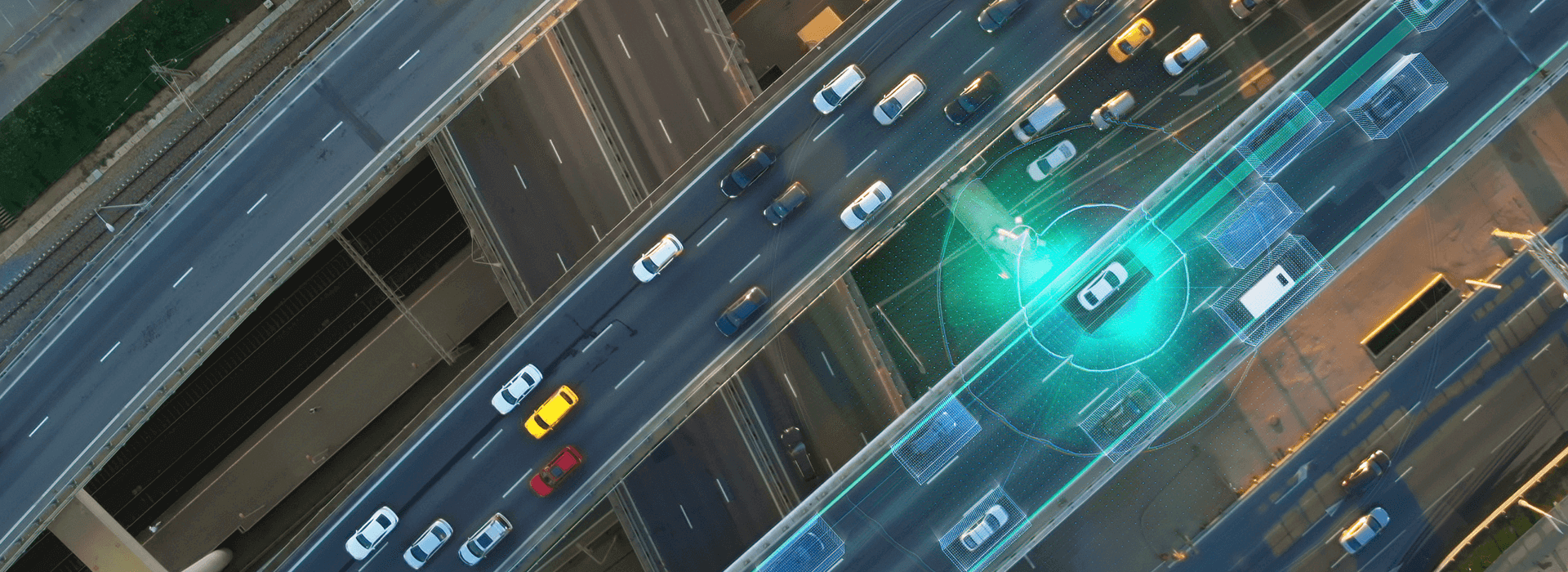
Open source solution for autonomous driving
In order to validate and demonstrate research algorithms used in autonomous driving applications, road tests are imperative. Because it’s not possible for fortiss to maintain a complete software stack, scientists in the Machine Learning (ML) field of competence are integrating their research into the autonomous driving open source solution Apollo and adapting it as needed in order to test the behavior planning of autonomous vehicles on the road.
Although many research vehicles for autonomous driving were built in the past, the hardware design, source code and the resulting lessons are not available for the next generation of demonstrators. That makes it difficult for the research community to utilize earlier results given that the technical know-how related to the construction and operation of a research vehicle is lost.
The fortiss scientists are analyzing and evaluating the possibility of porting of an open source stack for autonomous driving to a new research vehicle. In particular, they are working out how to map the Apollo driving stack to the system layout of the fortuna research vehicle, which contains the communication with the actuators using a controller that runs on a real-time hardware platform and integration of the sensors. Using this acquired knowledge, fortiss wants to encourage other research groups to build these types of systems more quickly in the future.
Apollo is open source, offers a complete stack of autonomous driving functions and represents an excellent foundation for further research. However, the stack does not offer any interactive behavior planning algorithms. At the same time, fortiss added various software modules in order to operate Apollo on a VW Passat GTE research vehicle.
You can find all available downloads here.